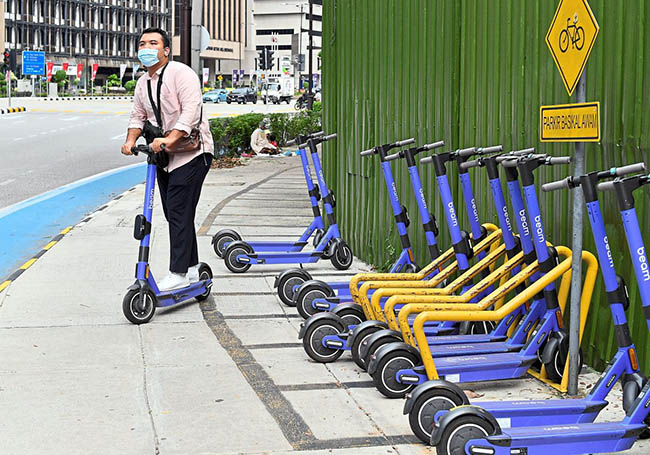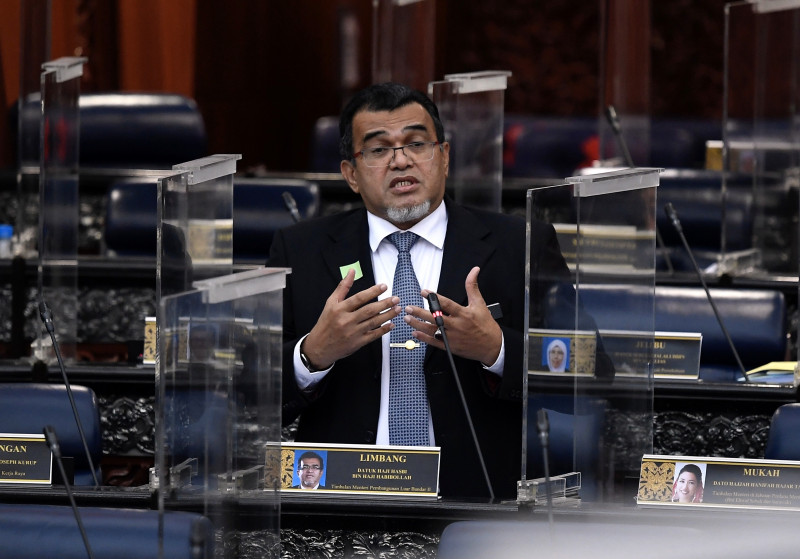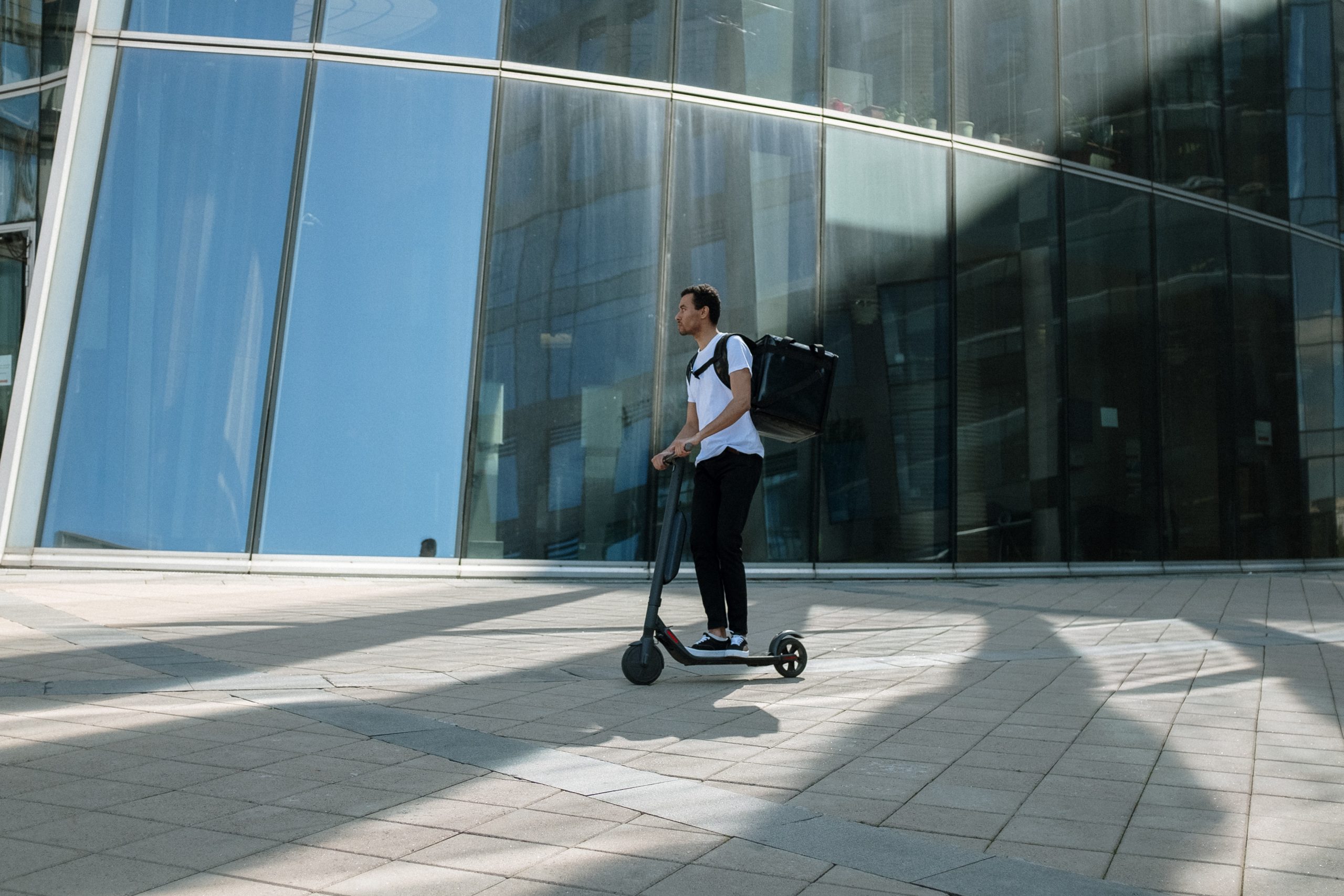
The Malaysian Transport Ministry (MOT) has announced that guidelines for the development and design of routes for micromobility vehicles, such as e-scooters, mopeds, personal mobility devices (PMD), and personal mobility aids (PMA), have been finalized.
The Town and Country Planning Department (PLANMalaysia) developed the guidelines focussing on infrastructure requirements and vehicle support facilities. They will serve as a reference for federal departments, state authorities, local government authorities, and stakeholders involved in planning and designing micromobility vehicle routes in existing and new development areas.
The Deputy Minister of Transport, Datuk Hasbi Habibollah, stressed the importance of relevant authorities providing a safe road infrastructure for using micromobility vehicles based on the guidelines. Speaking in Parliament, Hasbi also announced that the MOT had selected Shah Alam City Council (MBSA) as the first testing location for the guidelines: the launch sandbox project and the guidelines in Shah Alam on March 12th, 2023.

In addition, the Malaysian Institute of Road Safety Research (MIROS) is drafting a specification requirement or safety assessment program and studying the need to establish a standard for micromobility vehicles. This move highlights the importance of safety in using micromobility vehicles and their integration into existing transportation infrastructure.
Implementing these guidelines is a significant step towards developing safe and sustainable transportation options in Malaysia. Micromobility vehicles have become increasingly popular in recent years, and the guidelines provide clear direction for authorities to ensure their safe use. With the Shah Alam sandbox project, PLANMalaysia can test guidelines in a controlled environment before being rolled out to other locations in the country.
The Malaysian government’s efforts to support the growth of micromobility vehicles align with global trends towards sustainable transportation options. By implementing these guidelines and continued research into safety and standardization, Malaysia is a leader in developing micromobility infrastructure in Southeast Asia.

Micromobility vehicles are becoming increasingly prevalent worldwide as people look for alternative modes of transportation that are more sustainable, affordable, and efficient than traditional cars. They are beneficial for short trips that would otherwise require using a car, such as commuting to work, running errands, or getting to public transportation.
One of the critical benefits of micromobility vehicles is their ability to address the “last mile” problem. This refers to the challenge of getting people from their homes or workplaces to public transportation hubs or other destinations not easily accessible by car. By providing a convenient, affordable, and environmentally friendly mode of transportation for these short trips, micromobility vehicles can help reduce congestion, improve air quality, and make it easier for people to get around cities.
Overall, the growth of micromobility vehicles represents a fundamental shift in how people think about transportation. As cities worldwide look for ways to reduce congestion, improve air quality, and promote sustainable living, micromobility vehicles are emerging as a promising solution for the last mile of travel.











